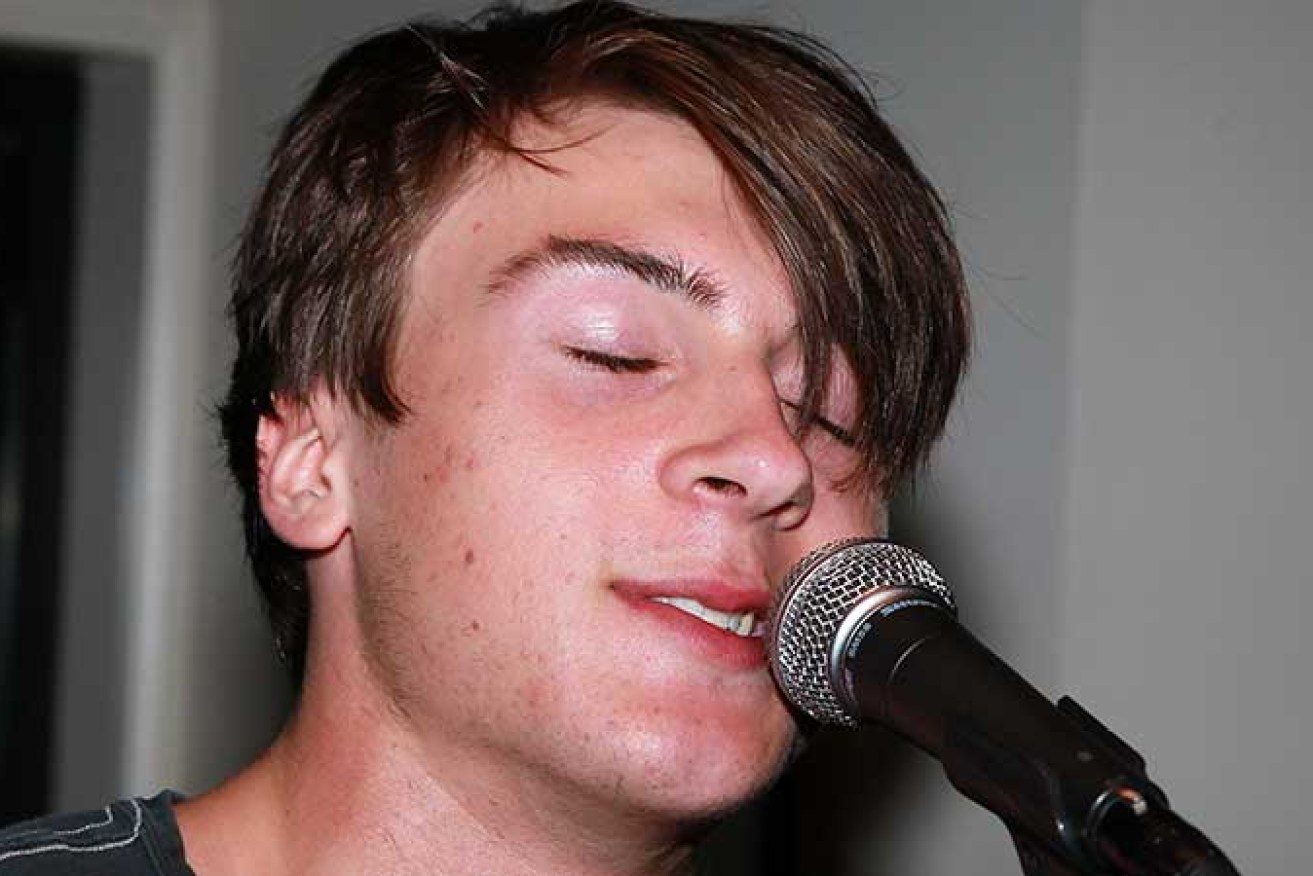Gift you don’t want from mum or dad


Can your family make you a drug addict? Robert Downey Junior thinks so, citing faulty genes as a factor in his son, Indio’s recent drug-related arrest and ongoing battle with addiction.
Downey Jnr had a public struggle with addiction over two decades before getting sober in 2001.
The US National Council of Alcoholism and Drug Dependence (NCADD) says that genetics play a strong role in addiction. According to its website, “The single most reliable indicator of risk for future alcohol and drug problems is family history”.
• IN PICTURES Famous families’ battle with addiction
• Actor blames faulty genes for son’s drug use
• How hitting rock bottom changed my life
NCADD research has shown that even when adopted in infancy, the biological sons of alcoholics were four times more likely to become alcoholics than the sons of non-alcoholics.
However, according to the Genetic Science Learning Centre at the University of Utah, there’s no such thing as a single ‘addiction gene’. Instead scientists point to biological differences that give individuals varying vulnerability to addiction.
Because you’re vulnerable (to addiction) doesn’t mean it’s inevitable
“It may be harder for people with certain genes to quit once they start. Or they may experience more severe withdrawal symptoms if they try to quit,” according to the centre’s website.

Indio Downey: was he predisposed to addiction? Photo: Getty
But Indio Downey’s addiction issues were not inevitable, despite his family history according to Dr Glen Hanson, a professor of pharmacology and toxicology at the University of Utah.
“Because you’re vulnerable (to addiction) doesn’t mean it’s inevitable,” he said. “It doesn’t mean that you are going to become addicted during your life.”
Dr Hanson said knowing about a family history of drug or alcohol dependence could be helpful.
“You’ve got to be careful; if circumstances are right you’re more likely to get in to trouble (with addiction) than most people. We can use that (knowledge) to our advantage rather than it working against us.”

Jack and Kelly Osbourne.
Media reports of celebrity offspring following their parents into addiction can make it seem that such behaviour is firmly entrenched in the family tree. The death earlier this year of Peaches Geldof from a heroin overdose – the same drug which took her mother’s life – and the much-publicised addiction battles of Ozzy Osbourne’s children Jack and Kelly rarely shock a public accustomed to addiction passing through the generations of celebrity families.
The alcohol industry loves the idea of a genetic vulnerability to alcohol dependence
But Professor Dan Lubman, the director of Turning Point, a leading drug and alcohol treatment and research centre in Melbourne says genes are only half the story. It’s important to remember the significant role environment plays in addiction.
“If you live in an environment where there is high accessibility and availability of drugs and alcohol, where there is a lot of social acceptance of intoxication and drug use, this will override any genetic issues,” he said.
If Indio Downey had grown up in a country where drugs and alcohol were strictly controlled or unavailable he would have been much less likely to become an addict, despite his genetic predisposition, according to Prof Lubman.
“It can be nice to simply blame genetics,” he said, “the alcohol industry loves the idea of a genetic vulnerability to alcohol dependence; it makes it seems as if there are just a few people spoiling the party, and everyone else can just drink as much as they want.”
• IN PICTURES Famous families’ battle with addiction
He warned that having no genetic predisposition to alcohol or drug dependence didn’t necessarily protect people from such issues.
“It’s more about the culture of intoxication which celebrates and normalises excessive alcohol consumption,” he said.
“People have this draconian, punitive response to illicit drugs, but they forget that it’s alcohol – the drug that is legal, which causes the biggest problems,” he said.
“Genetics are about 50 per cent of the issue, and environment is the other 50 per cent,” Prod Ludman said.
A study by the National Institute of Alcohol and Alcohol Abuse in the US, found that the younger people start drinking the more likely they are to develop alcohol dependency. Children who start drinking at 13 have a 47 per cent risk of alcoholism. Those who started at 17 had a 25 per cent risk, and those who didn’t drink until they were 21 had a ten per cent risk. Major life changes, illness and brain trauma can also increase the risk of later-life dependency issues.
Michelle Hamer is a Melbourne-based journalist and author. Her books are available here and here








